"True religion confronts earth with heaven and brings eternity to bear upon time." A.W. Tozer wrote those words two years before his death, in the middle of the 20th century, as the opening lines of his contribution to what he called "personal heart religion" amongst the consciousness of the evangelical church. Tozer goes on to say,
The messenger of Christ, though he speaks from God, must also, as the Quakers used to say, 'speak to the condition' of his hearers; otherwise, he will speak a language known only to himself. His message must be not only timeless but timely. He must speak to his own generation.
Continuing to walk through the first corridors of the Knowledge of the Holy, we come to chapter 1, titled, Why We Must Think Rightly About God. There we find Tozer's most often quoted line, "What comes into our minds when we think about God is the most important things about us." He then says,
For this reason, the gravest question before the Church is always God himself, and the most portentous fact about any man is not what he at a given time may say or do but what he in his deep heart conceives God to be like.
I am excited to introduce a new series for our semester together, a series I have called What Christian's Believe. We will follow this series with two other corresponding series: Why Christians Believe and After Christians Believe. We focus on what we believe before the why and the how.
There has been rapid change brought about in our age. However, our age does not stand too distant from every age. Some considerations are more prevalent today than perhaps any other age, but the concerns are not new. Every question of every age can be traced back to a single seed of thought introduced into the heart and minds of humanity by an accuser, an enemy, Satan, who said deceptively to Eve, "Did God say?" From that moment of deception, the diabolical plan of humanity's enemy took root as the Man took from the Woman, and they ate, bringing a kind of knowledge that led to shame, regret, isolation, enmity, envy, and ultimately death!
The remedy for this toxic knowledge, when our thoughts were turned inward on ourselves, must be a knowledge that comes to us from above, not from within; a knowledge that takes root first in our hearts and then changes the world! Not a knowledge of ourselves but a knowledge that helps us know ourselves. A knowledge, as Tozer called it, The Knowledge of the Holy.
To this remedy, we turn and call the remedy belief. But not just any belief. Believing in something does not make it true or false. The power is not in our belief but in the object of what we believe or disbelieve. Truth is not true because we believe it to be true but because it stands as reality regardless of our appraisal.
For example, what goes up must come down. Such truth is true whether you believe it or not. Humanity may be able to fly, but we cannot fly indefinitely, eventually reality comes to bear upon us. Then plane breaks, the wing has a tear, the rotor stops spinning as reality comes crashing upon us all at once.
By belief, we cannot mean simply a thing that we dream up; we must mean a discovery of a reality that exists before us, above us, and beyond us. Otherwise, belief is shallow.
Christians talk about our belief by using the term "faith." We don't use this word flippantly. We use it with purpose. Some might say, "Show us the evidence." "Don't call us to believe in magic; give us something substantial," they say. Substance is the word the Bible uses to describe faith.
The Bible says,
Now faith is the assurance of things hoped for, the conviction (substance) of things not seen. For by it the people of old received their commendation. By faith we understand that the universe was created by the word of God, so that what is seen was not made out of things that are visible. (Hebrews 11:1–3)
Our Christian belief is not something that cannot be understood, though the complete understanding will always escape us. Our Christian belief is not based on a feeling, though we feel what we believe. Our Christian belief is more than something we hold; our belief holds us! We believe as the ancient Creed says, and we let our voices join the symphony of the saints through the ages saying, without apology, We believe!
What do we believe? To answer this question, we will go to a book written first to a generation of people whose belief was wavering, who were facing the consequence in the form of societal pressure for their unbelief. In their case, the world as they knew it was overturned. In the midst of the tearing down of the world, God has a message for his people, a message of comfort. The message does not rest on their circumstances but stands above them. By standing above their circumstances, these truths of God anchor their hope. The same is true for us. We need truth. We need to cling to the truth. When we cling to truth, we have hope.
We will look at Isiah 40-45, known as "The Book of Comfort."
Comfort, comfort my people, says your God.
Speak tenderly to Jerusalem,
and cry to her
that her warfare is ended,
that her iniquity is pardoned,
that she has received from the LORD's hand
double for all her sins. (Isaiah 40:1–2)
From these sacred pages, we will categorize "What Christians Believe" around the following headings:
There is a God
He Speaks
He Has a Plan
We Have Fallen Short
History is His Story
The Son was Sent
The Spirit Seals
He Builds the Church
He is Coming Again
We Will Be Where He Is, Forever
I want to close with the words of a preacher from a previous generation. A preacher who with his sister traveled from Oklahoma to Monroe, Louisiana, by covered wagon, then got on a train and headed to a little GA town called Newnan. He would later go on to study at the Candler School of Theology at Emory University, the University of Tennessee, and The Southern Baptist Theological Seminary. He served on the Executive Committee of the Tennessee Baptist Convention and pastored a church in Chattanooga, TN, where, over 10 years, 3,300 people were added to the church's membership role. In a book titled, Great Southern Baptist Evangelistic Preaching, my great-great uncle, E.L. Williams, had a sermon published with the title, The Power of Evangelism. In it, Uncle Emory says,
Crumbling convictions have contributed to our weakness. Convictions are mighty things. We do not hold them; they hold us. We hold opinions; we are held by convictions. Convictions do not matter about some things, but things like life and death, time and eternity, salvation and doom must be deep and abiding. It is convicted men and women who plough deep furrows in the field of time. Men who have convictions about liberty, defy tyrants, and lead revolutions.
Those who find noting in their religion to hold and challenge their deepest nature will drift with the tides to rest and die upon barren shores. We have not forgotten our articles of faith. We would still defend them vigorously but they do not grip and master us.
Through this series, we will seek to have the truths of God get a grip and master us. We will contribute to the answer, What Christians Believe?
Quotes from AW Tozer, Knowledge of the Holy (1961) and Gerald Martin, Great Southern Baptist Evangelistic Preaching (1969).

